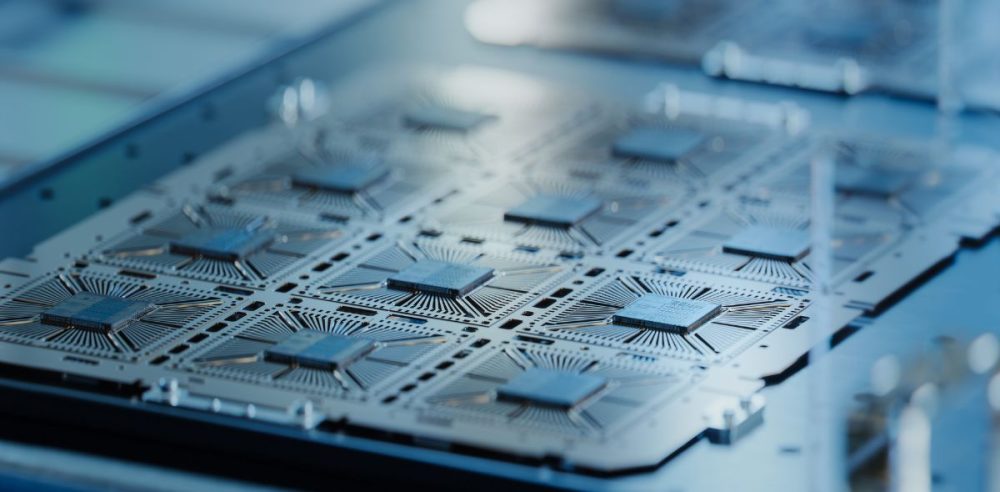In a milestone achievement, early production yields at the new Taiwan Semiconductor Manufacturing Co. plant in Arizona surpassed the levels achieved at similar facilities in the company’s home territory.
The results are significant, signaling a step forward in Washington’s attempt to boost domestic semiconductor manufacturing capabilities. In turn, this could reduce the U.S.’s reliance on advanced chips largely made overseas, and diminish the strategic importance of Taiwan against a threat like China.
“I’m sure people in Taiwan don’t want to hear it, but TSMC’s successful expansion into the US is a small step towards diffusing the geopolitical tensions with China… by making Taiwan irrelevant,” wrote user Piotr Turek on social media platform, X.
TSMC has been called the most important company in the world. It produces an estimated 90% of all super-advanced semiconductor chips globally. These highly sought-after chips are the brains that support resource-hungry artificial intelligence applications.
The Phoenix, Arizona plant successfully yielded chips at a rate roughly 4 percentage points higher than its sister facilities in Taiwan, according to the president of TSMC’s US division, Rick Cassidy.
“Our first fab entered engineering wafer production in April with 4-nanometer process technology, and the result is highly satisfactory, with a very good yield… This is an important operational milestone for TSMC and our customers, demonstrating TSMC’s strong manufacturing capability and execution,” Chief Executive Officer C.C. Wei said on a call with investors recently.
Earlier this year, The Dallas Express reported on efforts in Texas to help buoy the sector within the state. At the time, Gov. Greg Abbott spoke about the importance of the state’s $1.4 billion expenditure on the semiconductor industry. Abbott said the state was actively searching for new investments, acquiring federal grants, and working to create thousands of high-paying jobs in the space.
The Arizona TSMC plant is expected to begin full production in 2025.


